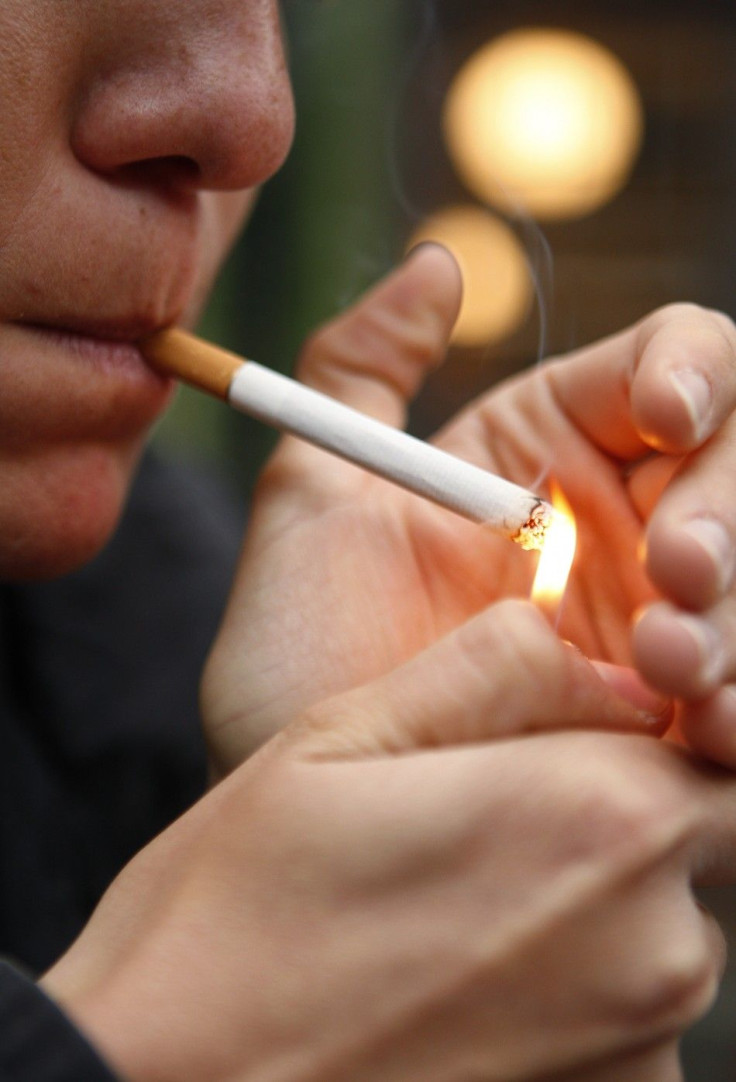U.S. Smoking Rates Dropping Slowly, Americans Cutting Back ... Just a Little

U.S. health experts on Tuesday said fewer American adults are smoking cigarettes, and those who still do have cut back some on the number of cigarettes they smoke.
But despite this progress, the rate of decline has slowed down.
Smoking kills roughly 443,000 Americans each year and smoking and exposure to secondhand smoke is the leading cause of preventable death and disease in the U.S.
A new report from the U.S. Centers For Disease Control and Prevention (CDC) shows that between 2005 and 2010, smoking went down from 20.9 percent to 19.3 percent, roughly 45 million people.
Of those adults who are still smokers, about 78.2 percent, or 35.4 million people, smoke every day - and they are trying to stub it out.
The CDC said the percentage of smokers who had fewer than 10 cigarettes a day rose to 21.8 percent in 2010, from 16.4 percent in 2005. Only about 8.3 percent of daily smokers have 30 or more cigarettes per day, down from 12.7 percent in 2005, the CDC report shows.
Any decline in the number of people who smoke and the number of cigarettes consumed is a step in the right direction, U.S. Centers for Disease Control and Prevention Director Dr. Tom Frieden said in a statement. However, tobacco use remains a significant health burden for the people of United States. States with the strongest tobacco control programs have the greatest success at reducing smoking.
Smoking costs the U.S. $193 billion per year in healthcare costs and lost productivity, and it remains the single largest preventable cause of disease, disability, and death in the U.S., the researchers said.
This slowing trend shows the need for intensified efforts to reduce cigarette smoking among adults, Dr. Tim McAfee, director of the CDC Office on Smoking and Health, said in a statement. We know what works: higher tobacco prices, hard-hitting media campaigns, graphic health warnings on cigarette packs, and 100 percent smoke-free policies, with easily accessible help for those who want to quit.
Officials said for every one smoking-related death, another 20 people live with a smoking-related disease, such as heart disease or lung cancer.
© Copyright IBTimes 2024. All rights reserved.












